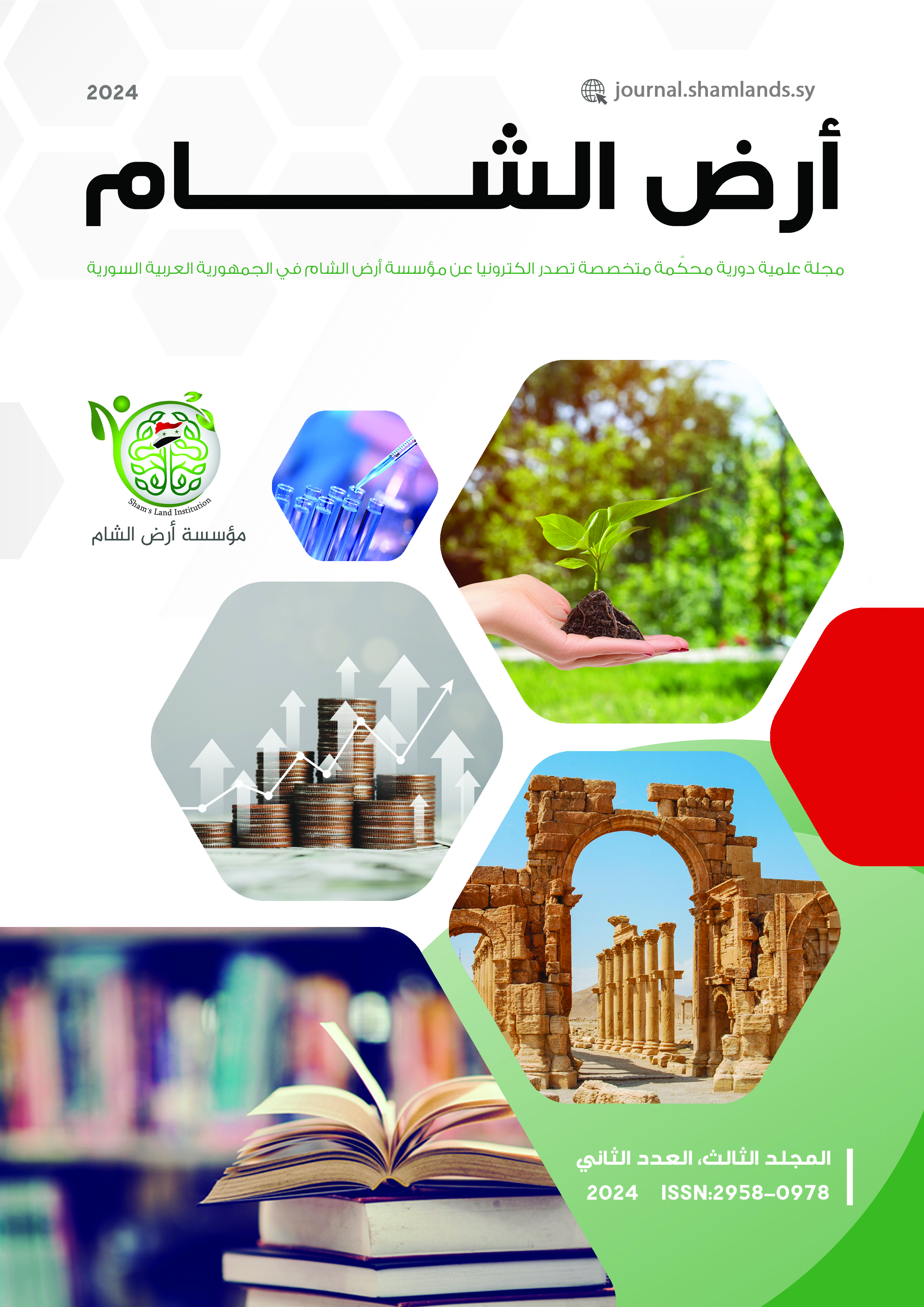Abstract
For speakers of Arabic, Arabic language is known to constitute an identity, history, and heritage. It has always been a pioneering and dominant language among other languages. However, its importance has declined recently. There are reasons for this decline, the most important of which is the loss of Arab student's love and passion for their language due to the fact that the curricula they study has become void of attractive content which is supposed to develop a refined linguistic taste. Another reason is the spread of colloquialism that competes with the classical Arabic in use. Moreover, there is the disdain for Arabic and the linguistic heritage of our ancestors.
There is also a problem with scientific language and scientific terminology. Despite the efforts of Arab academies, they are still deficient in defining scientific terms that are translated from foreign languages into Arabic.
Arab identity may have a significant impact on the decline of the language. Identity and language are two sides of the same coin. Any Arabic speaker who feels that his value has diminished in society will not be proud of his language, or care about mastering it; rather, he will strive to master the dominant language.
From these obstacles and their severity come out solutions for the advancement of Arabic. First, the school curriculum should be addressed carefully in order to be improved and enriched. Second, the means of communication and media should be supported to promote a sound Arabic language. Third, linking Arabic to the computer will build a system that analyzes the language and facilitates its learning. This requires developing programs that support the language.

